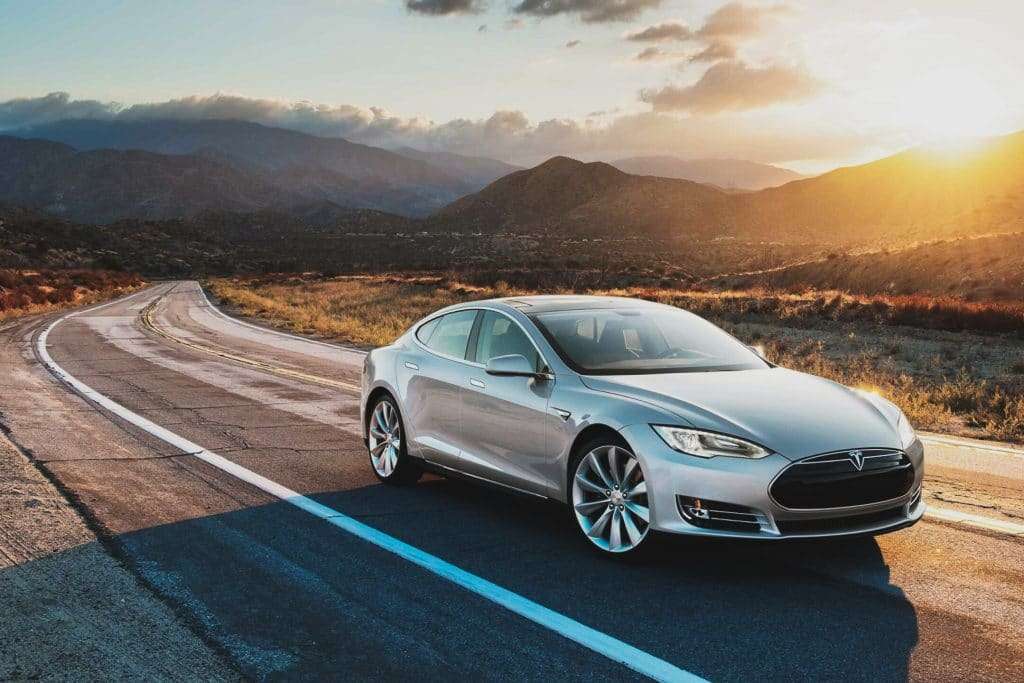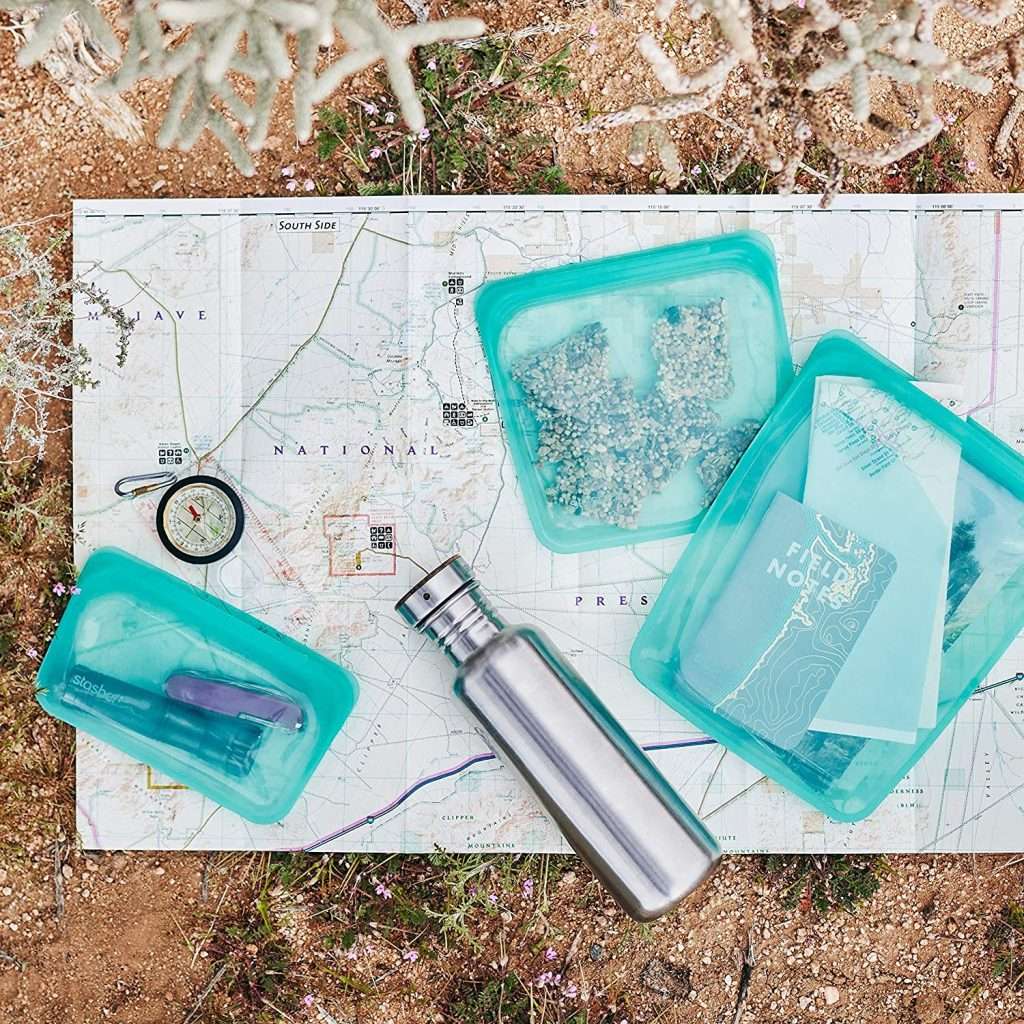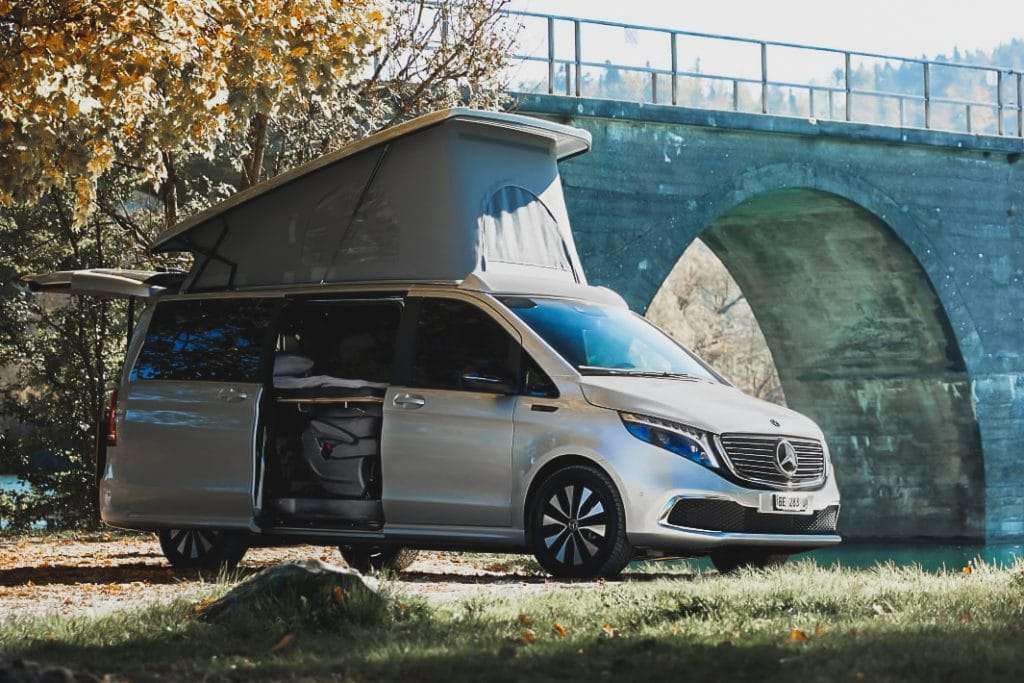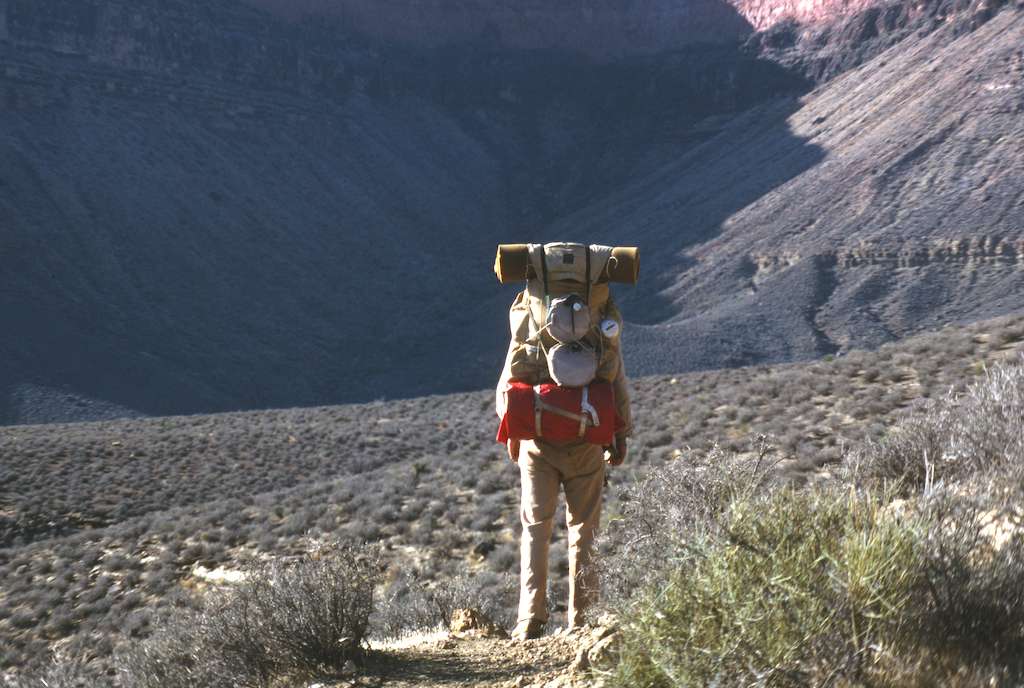If an eco road trip sounds impossible, there’s some good news: it isn’t. Whether taking a gas-powered vehicle or a Tesla. This road trip planner will help you keep it sustainable all the way to your destination.
If you’re passionate about sustainable travel, you might think that road trips are out of the question, but actually, it is possible to have a pretty eco-road-based adventure, and there is no denying that traveling by car is a great way to see more of the world.
Why make your road trip eco?
The data are clear: travel is a leading producer of greenhouse gas emissions that are contributing to climate change. According to the most recent numbers from the U.S. E.P.A., a typical passenger vehicle produces about 4.6 metric tons of CO2 per year. Passenger vehicles are the biggest source of emissions, accounting for about 41 percent of all global transportation emissions. Transportation in total is responsible for about 27 percent of U.S. emissions, and about 25 percent of total global emissions.
And if you’re traveling heavily, your car will burn more fuel, making your road trip’s impact even greater.
Add to that a typical road trip sees the frequent single-use plastic items from fast-food drive-thru restaurants, rest stop vending machines, and gas station markets, which also contribute to our carbon footprint (tire print!).

But making a road trip sustainable is easier than you might think. It just requires a little bit of prep. But every good road trip does.
Tesla road trip planner
If you have an electric car, like a Tesla, then a sustainable road trip is an easy thing to arrange. You can map out charging station locations using the Tesla app. Hotels and restaurants also often have EV chargers that will help make charging on the road easier.
If you don’t have an electric car, you can now rent one from a number of places to help make your trip more sustainable. Mapping your trip according to the location of charging stations can help you see some sights you might otherwise miss, too.
If electric is out of the question, a hybrid vehicle makes a great choice, too. While it still uses petroleum-based fuel, you’ll reduce your gas needs and require fewer stops.
How to road trip prep sustainably
Whether for necessity or pleasure, making your road trip as eco as possible is only going to enhance the experience. These prep tips can help.
If you are driving an EV, the most important thing to do is to ensure that you’re able to stop and charge when and where you need. Just like you need to plan your gas stops for a regular car, you should use apps that can help you locate charging pit stops in advance. Be sure to leave enough time for charging.

If you have never experienced the full range of your electric vehicle before, then you should make sure that you’re not caught out when you’re on the road. Know its range, make sure that you know what charger you might need to bring, and know the elements that can cause your battery to drain faster, such as the cold weather, overreliance on the heating and AC, or uphill driving. The more of these elements you encounter on your drive, the more conservative you should be with your range, meaning you might want to stop at a closer charging point.
1. Navigating sustainably
You will want to ensure that you won’t get hopelessly lost, especially if you decide to leave your vehicle for a nature hike, for example. The great thing about electric cars is that they will have a lot of useful electronic gadgets built in, such as navigational gadgets. Even without cellular or Internet connectivity, today’s smartphones will still be able to receive GPS signals.
2. Plan for hiccups
This isn’t just a tip for EV drivers, of course. Anyone can experience a road trip that ends in disaster due to a lack of adequate preparation for common problems. Aside from the tips already mentioned, you should always be prepared for a breakdown, and for that, it’s good to make sure that you have an emergency kit prepared. Equip yourself with all you need to keep your car and passengers safe and visible on the side of the road.
3. Inspect your vehicle before going out
You should take the time to check your vehicle and follow a simple pre-road trip inspection checklist to make sure that your vehicle is ready for the long drive. This includes checking that your battery is able to provide the maximum range for its capacity, checking the tire pressure, as well as taking out any items from the car that you’re not going to specifically need so that you can reduce its weight on the road.
Going on a road trip in your electric vehicle does require a little more forethought, planning, and effort, but if you want to see more of the work, it’s important to start thinking of more sustainable ways to do that.

4. Pack light
Whether in a conventional vehicle, a hybrid, or an EV, packing light is a smart way to cut down on the amount of fuel or battery use by decreasing weight. The lighter the load in your car, the faster and farther you’ll go. Most people overpack for trips anyway, so it’s a great opportunity to test your Konmari skills and tread lightly.

5. Bring reusable water bottles, containers, and cutlery
This is essential whether you’re traveling across the country or just across town. But it’s especially necessary on the road as disposable cups and cutlery are the norms. By having your own reusable water bottle and bamboo cutlery, you will be able to get what you need to eat and drink without having to participate in a throwaway culture.
Of course, if you want to be even more sustainable, then preparing your own snacks ahead of time is likely to result in even less waste as many foods on the road come pre-packaged. Your reusable stainless steel or glass containers can carry homemade trail mixes, sandwiches, and vegetable chips to bring along with you. This will be easier if you stay in accommodation that allows you to self-cater, but if you’re serious about sustainability, you can always find a way to prepare food on the go.

6. Stay at eco-friendly hotels
Your destination is part of your trip and looking for eco-friendly or sustainably-minded hotels, motels, and resorts makes for a key part of your road trip. Google recently launched a tool that helps you identify green hotels. Small Luxury Hotels of the World has a robust “Considerate Collection” of hotel destinations that prioritize sustainable offerings. Other hotel operations are prioritizing sustainability, too, from Hilton to Four Seasons, and more.

7. Eco comfort and camping gadgets
Stiff necks and backs are a common side effect of the humble road trip, especially if you don’t manage to stop regularly to stretch out. Travel pillows are a great way to keep people comfortable, but sometimes you may find that you just won’t be able to make it to your destination before nightfall and have to pull over for some rest wherever you are. At times like this, it’s very useful to have some emergency sleeping arrangements such as a car roof tent or a car mattress that can be laid across the back seats or the cargo bed of a pickup.

8. Leave no trace
Wherever you choose to explore, you should aim to leave no trace behind and avoid making any trash. But if you do, be sure to pack it up and take it with you until you can find a place to recycle it. If you hike, stick to the trails and avoid trampling the local flora. And if nature calls, be sure to dig and hole and cover it. Leave things as you found them and the planet will thank you.
9. Health and safety accessories
Many road trips mean traversing long, isolated stretches of road, far from civilization. If someone was to sustain a significant injury such as a deep cut or a broken bone or experience an allergic reaction or venomous bite from an insect or snake, you’d want to get medical treatment fast. A well-supplied first aid kit is still very important in most situations, and you should include all essentials like plasters and bandages, antiseptic wipes, and useful medicines like epinephrine for allergic reactions.
Related on Ethos:


